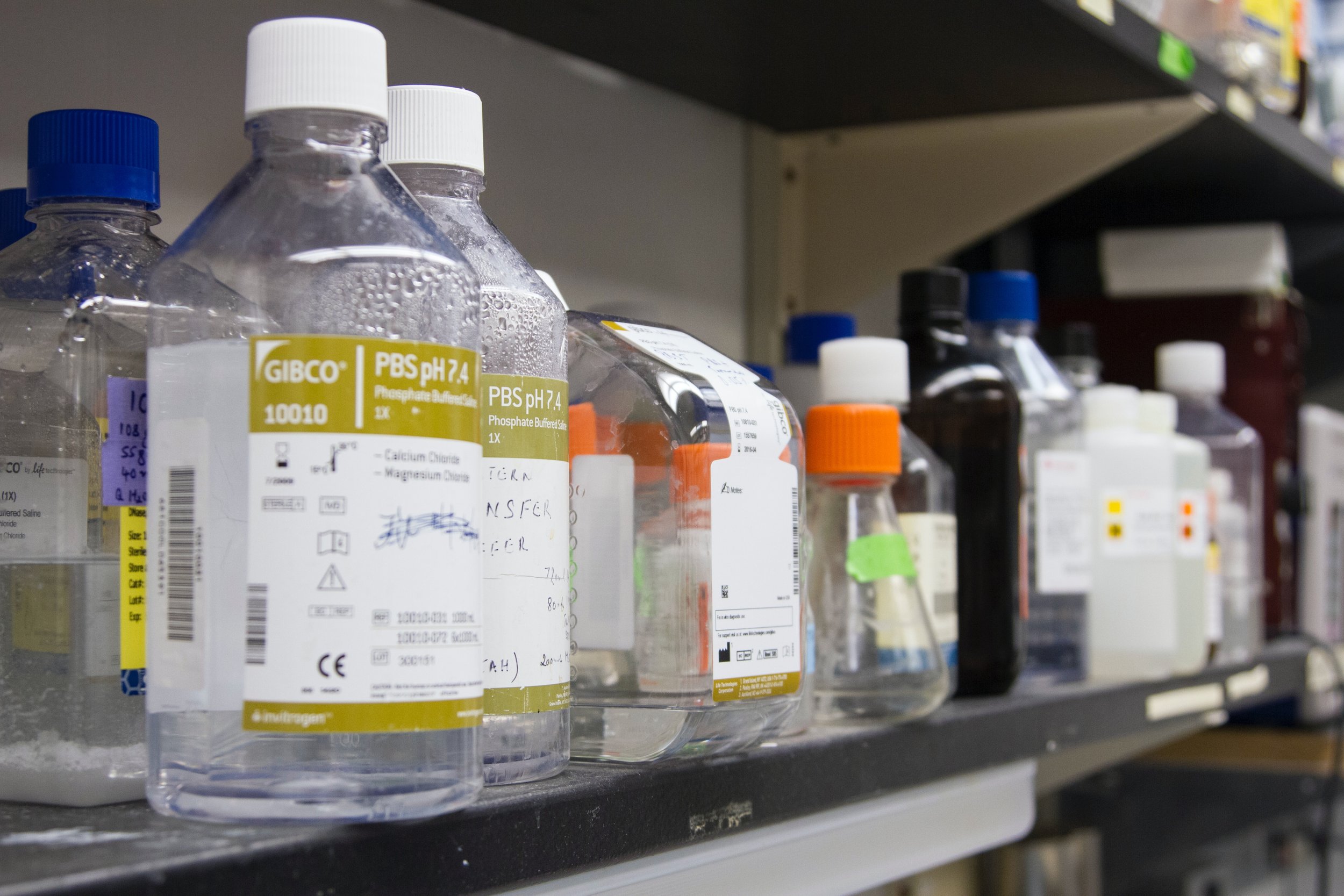Chemical Team

The Chemical Specialty Team is an asset, available 24/7, to assist in the medical management of chemical and toxicological incidents throughout region 7. Such emergencies might include, but are not limited to inadvertent agricultural and industrial exposures, chemical terrorism, and poisonings. The core capabilities of the chemical specialty team lie with a group of subject matter experts (SMEs) from the four poison control centers in Region VII (Iowa Poison Control Center, Kansas Poison Control Center, Missouri Poison Center, and Nebraska Regional Poison Center).
About the Chemical Team
TEAM LEADs
Kathy Jacobitz, MHA, BSN, RN, CSPI
kjacobitz@nebraskamed.com-
Help identify the hazardous materials involved, based on symptoms and history
—————————————————
Assess potential toxicity and identify immediate dangers to exposed individual
—————————————————
Provide triage and treatment recommendations
—————————————————
Notify area hospitals and health departments of the incident
—————————————————
Notify hospitals that are receiving victims and provide patient-specific treatment recommendations
—————————————————
Provide customized information on dosing and administration of chemical antidotes
————————————————
Assist with location and transfer of antidotes
—————————————————
Provide on-scene triage and treatment recommendations, depending upon scope of incident
-
ACTIVATION
The chemical team can be activated 24/7 by calling the state’s own poison center: 800-222-1222. Immediate information can be provided via telephone, with additional support through tele-technology as needed. If team deployment is needed, direction and support will be provided by the RDHRE Core Team.
RESPONSE
The chemical specialty team consists of board-certified medical toxicologists, clinical toxicologists, and certified specialists in poison information (nurses and pharmacists). The team can assist local responders, clinicians, and public health authorities by: 1) Providing immediate telephone advice 2) Providing advice and training via tele-technology 3) Traveling to the scene of a disaster or event in order to assist with patient/event management and provide just-in-time training as needed.
-
Developed chemical exposure clinical guidelines for use by the region’s poison centers and other healthcare providers.
—————————————————
Partnered with ASPR Tracie DASH pharmacy module, reviewed the tool with regional feedback being incorporated into the final version.
—————————————————
Performed Chemical Specialty Team Emergency Management Assistance Compact (EMAC) Activation Drill on August 10, 2022.
—————————————————
Authored ammonia, chlorine, and phosgene guidelines.
—————————————————
Added three medical toxicologists to the Chemical Team roster and updated the personnel section of the EMAC Mission Ready Package (MRP) document.
—————————————————
Responded to requests for information from hospital providers and the public following a large fire in a warehouse in Omaha containing unknown chemicals which resulted in the evacuation of nearby homes.
-
Plans to host a regional Advanced Hazmat Life Support (AHLS) Provider and Instructor Course.
—————————————————
Developing chemical exposure clinical guidelines for use by the region’s poison centers and other healthcare providers.
—————————————————
Continuing to expand the number of Chemical Team members and developing the team through regular updates and education.
-
Click here to see our Chemical Resources & Training page.


